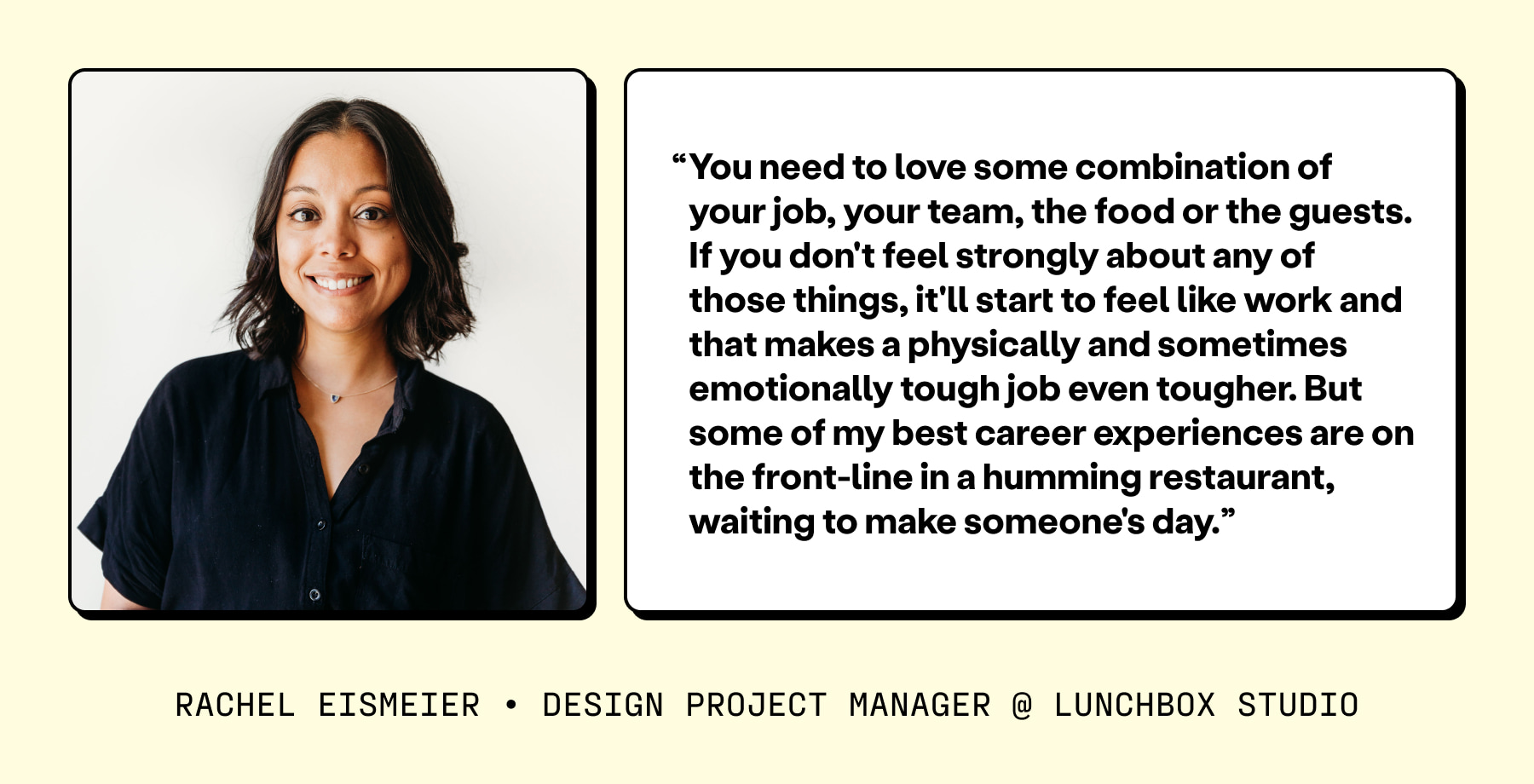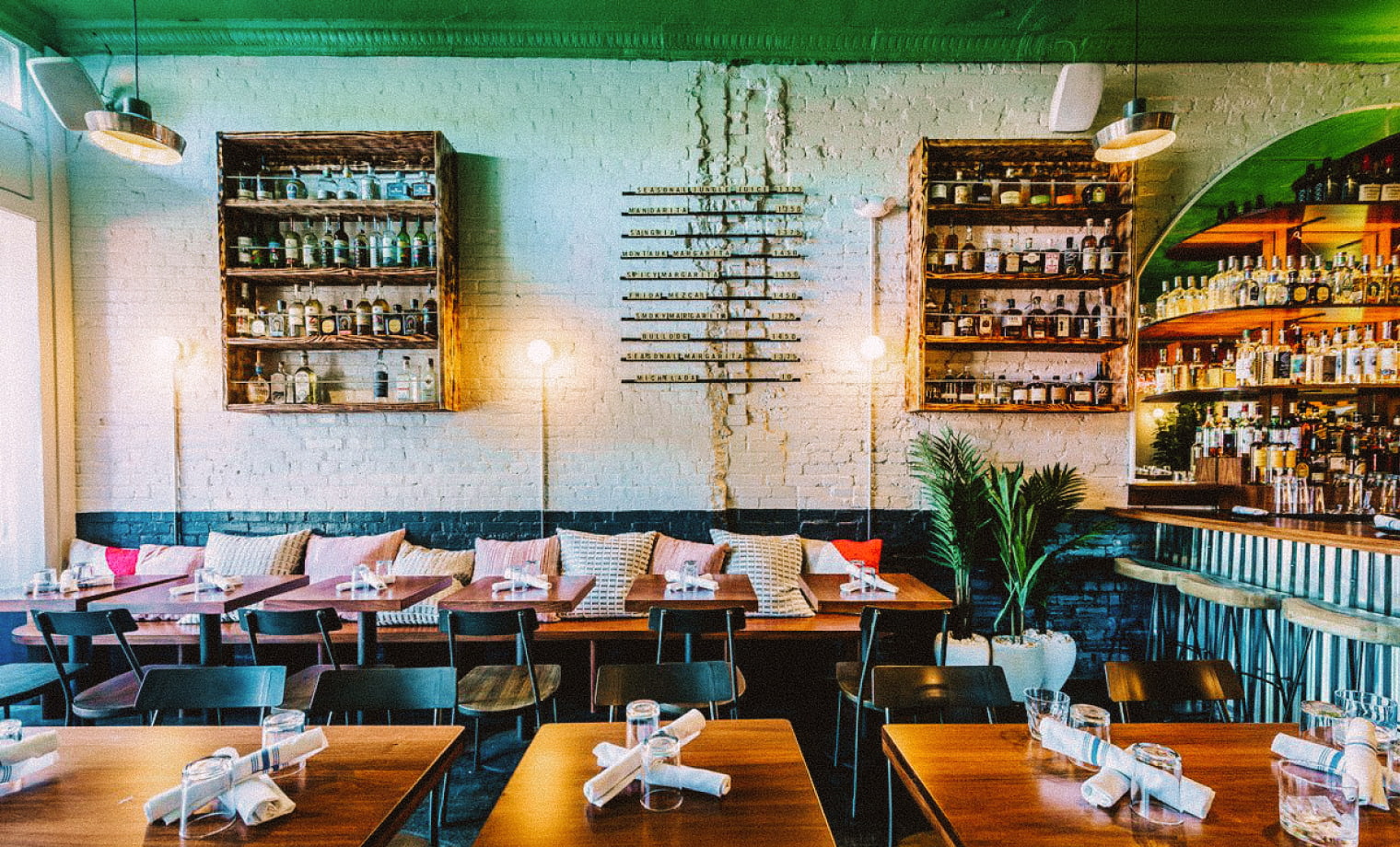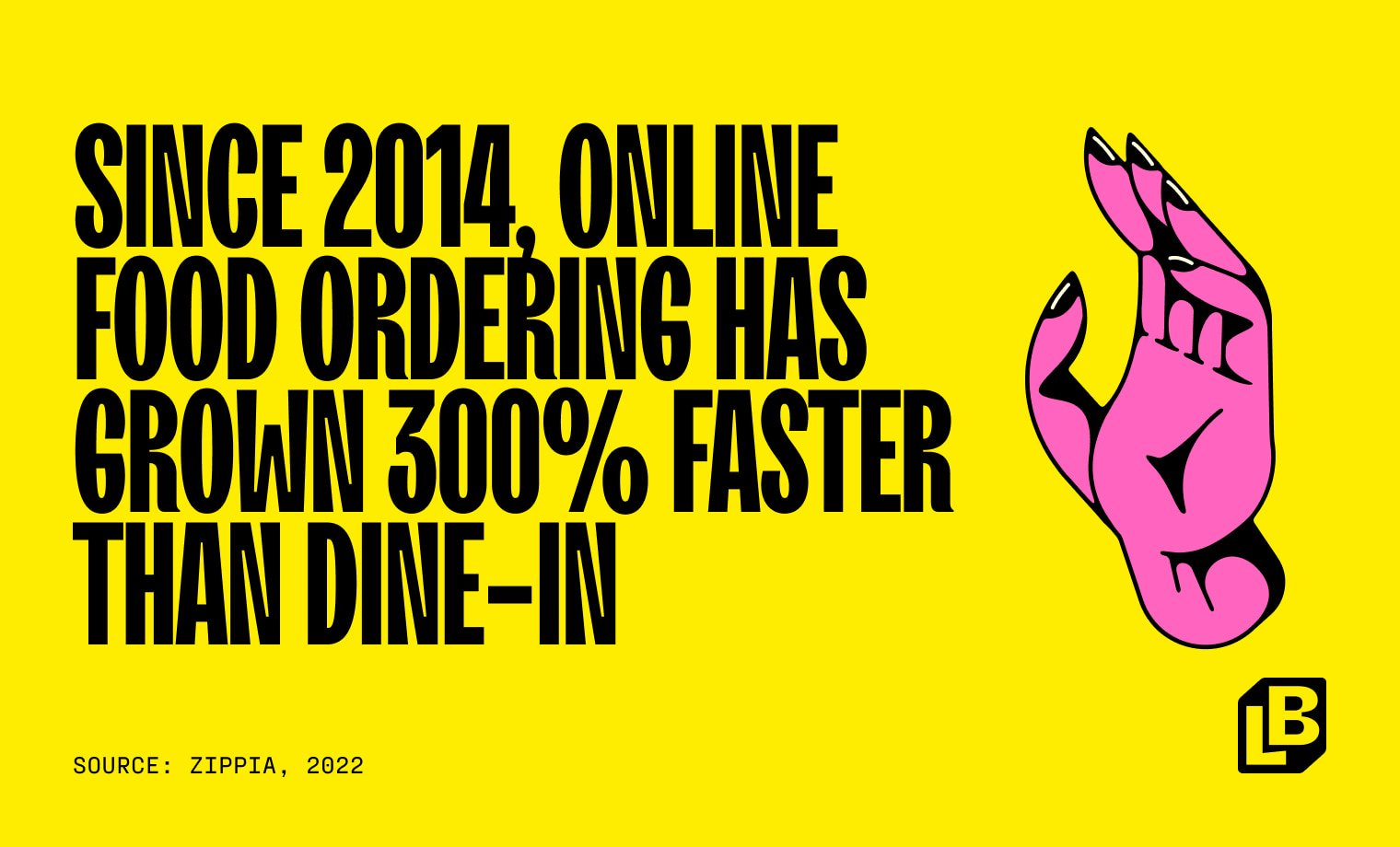“I’m a restaurant manager”. You might be picturing someone in a suit, receiving guest complaints and overseeing the rest of the front-of-house staff. While that is part of the job, there are many facets to managing a restaurant including scheduling, inventory management, marketing and outreach, collaborating with the chef, event management, creating a training program for new hires, on the fly decision making and keeping an eye on the bottom line. It’s a big job. And the best restaurant managers do it all without breaking a sweat.
The Importance of Restaurant Management
The Manager On Duty at any time is responsible for ensuring the restaurant is operating smoothly and both guests and employees are happy on a daily basis. Without a restaurant manager overseeing operations, a restaurant can turn to chaos and worst of all, can lose customers who experience bad service. Like the conductor of an orchestra or the coach of a football team, a manager needs to have eyes on all things at all times, be prepared but remain on their toes to change plans without notice. Again, like a coach, a manager often acts as a mentor to the staff, giving guidance to improve, mediating disputes among staff and issuing warnings and corrective actions up to firings.
The restaurant manager is a role that restaurant owners and operators count on to keep their business running smoothly, from the dining room to the breakroom to the tech stack and beyond! It might sound like a lot, but it can be an extraordinarily rewarding job for the right person.

Lunchbox’s own Rachel Eismeier, currently Design Project Manager and former restaurant manager at James Beard Award-Winning ABC Kitchen in New York City, says “You need to love some combination of your job, your team, the food or the guests. If you don't feel strongly about any of those things, it'll start to feel like work and that makes a physically and sometimes emotionally tough job even tougher. But some of my best career experiences are on the front-line in a humming restaurant, waiting to make someone's day.”
Examples of Effective Restaurant Management
Since restaurant management is such a wide-ranging job, it’s important to understand the scope of the role at your particular restaurant and create a plan for hitting those points consistently.
Knowing your niche.
Restaurants come in all shapes and sizes. While determining the restaurant concept must happen far before a restaurant manager takes their place, understanding and upholding the concept is crucial to being a successful restaurant manager. The way you dress for work, staff you look to hire, and guest experience you provide is all dictated by the concept determined for your restaurant. Emphasizing what makes the restaurant unique in comparison to competitors is also key to engaging guests and creating regulars.

Mexicue began as a Mexican BBQ food truck & now has restaurants in NYC, DC + Stamford, CT.
Providing a quality experience.
As they say, you go to a restaurant for the food but you go back to a restaurant for the service. While we don’t quite subscribe to the screed “the customer is always right” (is anyone always right?!), providing an excellent customer experience and ensuring high levels of customer satisfaction is the primary purpose of a restaurant.
Often this will require fixing mistakes in real-time, with free cocktails or dishes, a gift card for a return visit, and most importantly, genuine empathy. This should be at the forefront of your mind in everything you do as a restaurant manager - training staff, building the restaurant menu, determining your online presence and designing the dining room.

This experience is what leads to positive reviews, whether that be on review sites like Yelp, professional reviews in local media or by word-of-mouth. In fact, according to a study by ReviewTrackers, about 45% of customers are likely to check Yelp reviews before patronizing a new place, leading businesses to see up to a 9% lift in revenue for each additional star earned on Yelp.
Ensuring staff members are happy.
Employee retention is a huge issue for restaurants of all types so employee management is a high priority for restaurant managers. It’s proven to be more expensive to hire and train a new employee than to keep the employees you have but in the current job market, that is harder than ever. A January 2022 study from the National Restaurant Association showed that nearly four in five restaurants across the country reported not having enough employees to meet customer demand.
Additionally, happy employees have a positive effect on service. Acclaimed restauranteur Danny Meyer wrote in his book Setting The Table, “By putting your employees first, you have happier employees, which then leads to a higher HQ [hospitality quotient]. A higher HQ leads to happy customers, which benefits all the stakeholders.” Basically, he says by setting happy employees as top priorities, you are inadvertently also prioritizing happy investors and happy customers.
“By putting your employees first, you have happier employees, which then leads to a higher HQ [hospitality quotient]. A higher HQ leads to happy customers, which benefits all the stakeholders.”
- Danny Meyer, acclaimed restauranteur + author of Setting The Table
Some benefits you could offer include a shift meal, paid sick leave and vacation time, and covering expenses such as uniforms and aprons for back of house staff. The most important tool, though, is empathy. Remember, your team members are people with lives outside of work, and treating them that way is one of the most effective ways to maintain employee satisfaction.
Ensuring the restaurant is making money.
The bottom line is what it’s all about. It is important for an effective restaurant manager to be aware of the current Revenue and Cost of Goods Sold or COGS, labor costs and fixed operating costs such as rent, utilities, linen services, waste disposal, tech stack and more.
The restaurant manager should also be working with the chef and bar manager to understand menu item pricing vs the food costs and beverage costs and do sales forecasting. With this information, you would be able to adjust the menu or the staff schedule to ensure that the restaurant is always bringing in more money than its spending to be profitable. Restaurants famously have razor-thin profit margins, so taking your eye off financial reports for just a couple of weeks can have disastrous effects.
Improving business operations.
Streamlining restaurant operations is a hugely desirable skill for a restaurant manager to have. Because labor costs are a huge expenditure for restaurants, finding ways to utilize staff cross-functionally or leverage technology to reduce staff needs will be welcome changes to help maximize cash flow.
This could include adjusting sidework (i.e. tasks service staff does that are not directly serving guests), cross-training some staff to perform multiple positions, or even adjusting the service-style for guests to order via QR code or kiosk rather than relying on table service. Keep your eyes open as well to changes that could be made to the restaurant layout to improve operational efficiency, such as adding an additional Point of Sale or POS terminal or adding signage to direct guests rather than additional staff.

Building silverware rolls is frequently part of service staff sidework.
Effectively using restaurant software.
Technology is increasingly important in the restaurant industry. Part of a restaurant manager’s job might include procurement, onboarding and training on any new software or equipment, as well as overseeing how each piece of the tech stack operates.
This could include determining the best POS based on price and capabilities, event management software, online ordering suite, order aggregators, employee scheduling software, marketing tools, loyalty systems, guest and reservation management and review aggregators. Most of these tech tools can streamline restaurant operations, improve the guest experience and increase revenue but they require someone to be an on-site expert which generally falls to the restaurant manager. Without efficient use, subscription fees and commissions can end up costing you a lot of money for not much output.
Since the COVID-19 pandemic, a digital presence and online ordering have become a crucial part of every restaurant's business plan. Since 2014, online food ordering has grown 300% faster than dine-in. It is up to the restaurant manager to determine which are the right avenues to take these orders, answering questions like “which and how many third-party platforms should we utilize?”.

Many restaurants are engaging with companies like Lunchbox to build a branded online ordering platform, which allows them to own their customer data by keeping off-premise orders in-house.
Lunchbox’s technology helps restaurant managers feel prepared, they take care of some of the administrative and technical work that can bog operational people down, allowing them to focus on the #1 priority: the food + guests + your team.
While larger groups may have a Marketing Manager, for smaller businesses, marketing strategy and execution may also fall under the restaurant manager’s umbrella. This may include managing social media, engaging with the press and determining promotions like discount days, limited time offers, seasonal specials or partnerships with other local businesses.
For a new restaurant, conceptualizing a grand opening and creating buzz can also be a challenge, especially without built-in name recognition. Restaurant marketing requires a creative mind to come up with promotions that get people in the door without eating too much into revenue, as well as all the usual organization and operational skills to execute.
Different Restaurants Require Different Skills
This article has touched on many general requirements of being a great restaurant manager however the actual job description will differ based on the restaurant style and size.
For example, a Cloud Kitchen will not include much in terms of staff management as there is no front-of-house staff required. On the flipside, the manager will need to be far more dexterous with the tech stack and marketing, as the digital presence of the restaurant takes the place of an in-store experience. Similarly, a fast casual restaurant requires a manager who can maintain a fast pace and keep operations running smoothly. In fine dining, however, a restaurant manager can expect to mentor staff to a much higher degree and spend more time face-to-face with guests. At the end of the day, at any restaurant, a manager needs to be on their toes and ready to jump in wherever they are needed, whether it's in front of a guest, on the computer or in the dish pit.
Restaurant Management Is A Tough But Rewarding Job
Restaurant management requires long hours on your feet, taking the brunt of angry guests’ frustration with a smile, a great ability to multi-task and countless holidays, nights and weekends at work instead of with friends and family. But for those that are up to the challenge, it's incredibly rewarding to watch that hard work pay off whether it’s a staff member rising the ranks with your diligent training, a new software yielding amazing results right away or turning a bad guest experience into a loyal regular with your customer service skills. If that excites you, being a restaurant manager just might be the job for you.
Lunchbox:



